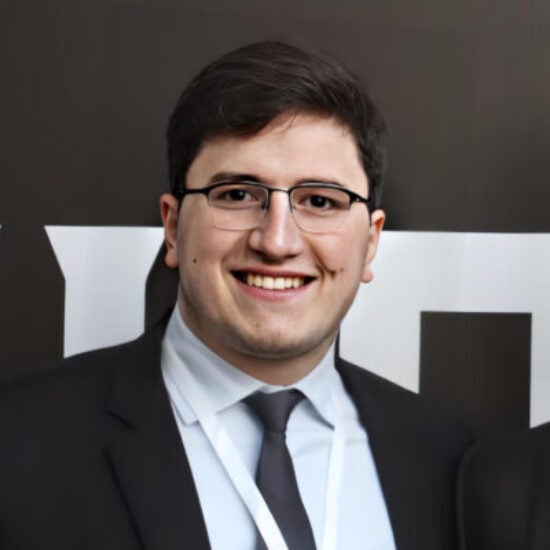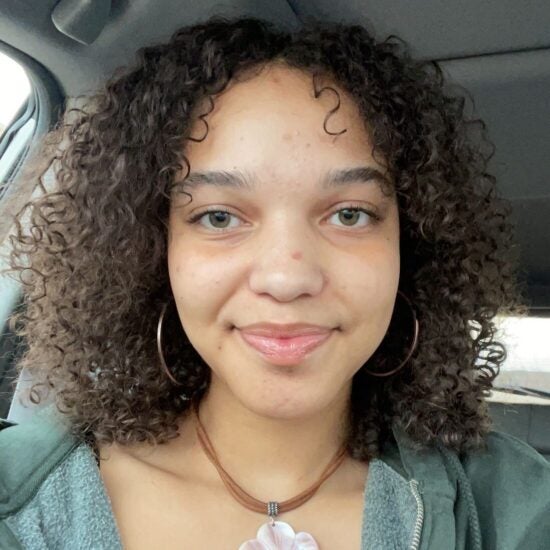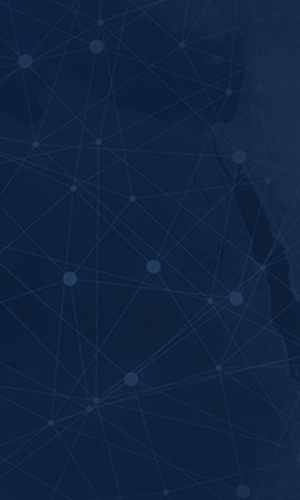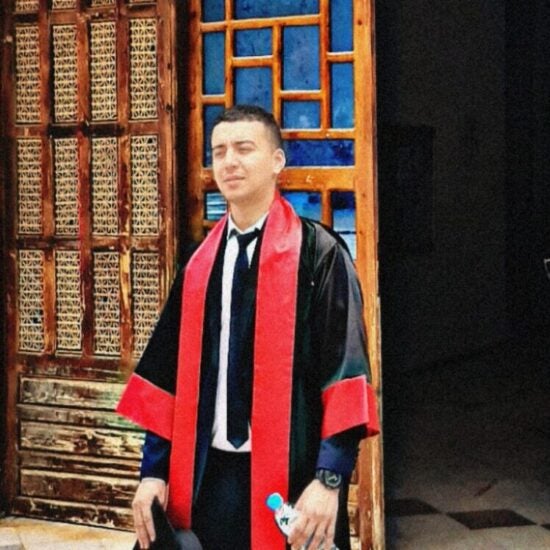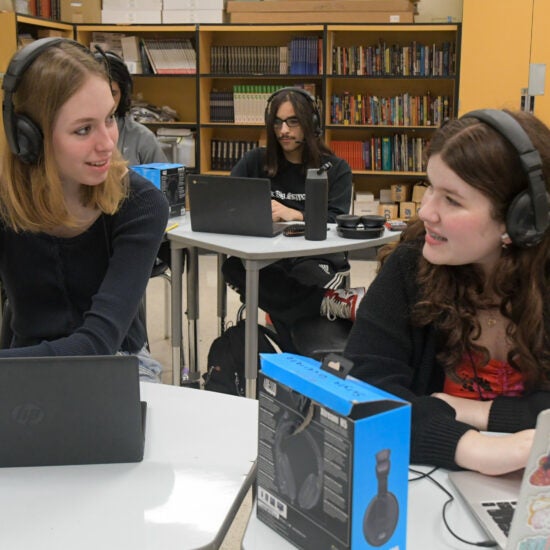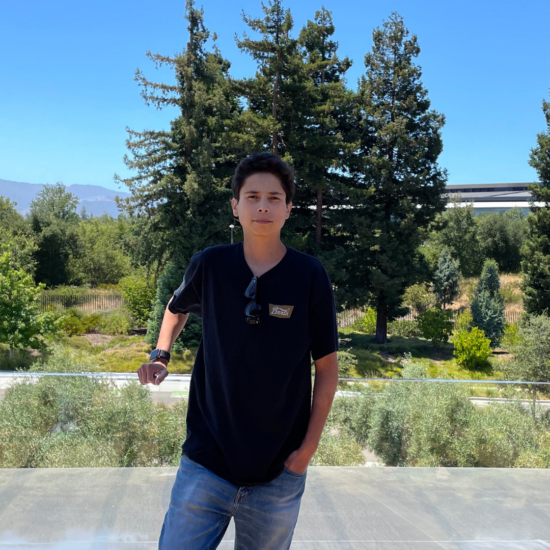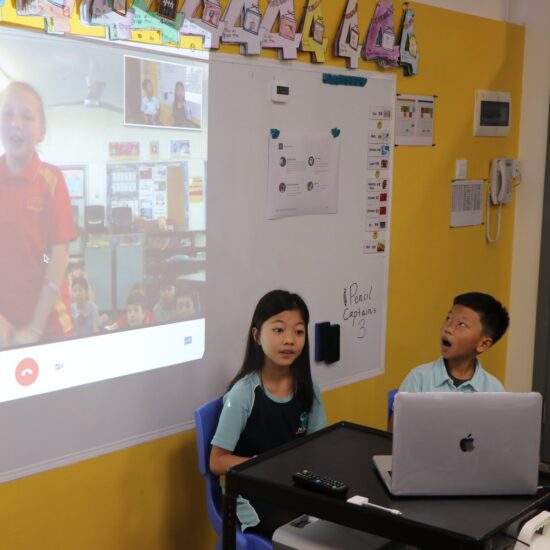By Nina Morgan, Ph.D.
Selah signed up for her Women’s Leadership Narratives course at KSU in the fall of 2022 to co-write inspiring books for children, based on the lives of women leaders. When Selah virtually met her Moroccan teammates — Zineb, Ikram, and Zakaria — she immediately recognized them as strong individuals. Getting to know one another meant meeting up in class, but also using social media to share each other’s experiences and lives—and perhaps encountering their own perceptions of limits. As Zineb notes: “I’d see [Selah] on Instagram, climbing, and I say ‘I wish to do the same!’ but I’m scared!”
video credit: Nina Morgan, Ph.D.
In addition to getting to know each other, the teams had to learn to write for an audience that was new to the university students on both sides of the Atlantic: children! Each student from KSU was also responsible for writing a grant for their team’s book project to cover costs for software, illustration, and publication.
Throughout the course, students reviewed many examples of children’s books and discussed cross-cultural concerns related to language choices, the role of imagery in storytelling for children, the use of color, and the differences in visual culture in the two countries; additionally, they worked together to address challenges associated with biographically-based narratives. For some students who did not grow up having children’s books readily available or whose early childhood was not characterized by having been read books at bedtime, encountering the genre of children’s books was utterly new — as readers and writers!
video credit: Nina Morgan, Ph.D.
Selah, Zineb, Ikram, and Zakaria decided to write a children’s story that represented the idea of finding one’s voice, inspired by the story of Kharboucha, a 19th century activist sometimes known by her childhood name, Hadda. The difficulties they encountered were many, especially as the biographical facts of the story include violence and oppression. As Ikram sees it, however, a children’s story should have a happy ending. While the story is written for children, Selah had the opportunity to read the story to teenage students at Jaafar El-Fassi El-Fihri High School in Casablanca.
As a testament to the team’s writing skills and Selah’s dramatic reading style, the story even engaged teenagers! In the story, Hadda learns that instead of passively absorbing and accepting what she sees and hears in her society, it’s natural that she should respond. All around her, the sea, the sand, and the stars ask Hadda what she is doing. Although Hadda repeats that she is “just listening,” not knowing what else she could do, she finally learns that she has a voice, a unique voice that must be heard. The model of speaking up for the community or taking an active role when needed is reflected in the courageous story of Kharboucha.
video credit: Nina Morgan, Ph.D.
Travelling to Morocco was not supposed to be part of the virtual exchange course, yet inspired to take their work a step further, Selah as well as three other KSU students wrote papers and won grants to support travel to a conference in Morocco held in March 2023. Both the virtual course content and their academic adventure enabled the American students to encounter Morocco’s long and rich cultural, social, and linguistic history; they learned about how Morocco, which famously recognized the U.S. in 1777, gave the young country its first foreign embassy in 1821 (the same building stands in Tangier today and houses letters from George Washington to the Sultan of Morocco).
As travelers, they also felt a connection to Ambassador Stevens, who worked as a Peace Corps English teacher in the High Atlas mountains. Before the course, Morocco was more than an ocean away. It was a place that didn’t exist in the daily lives of KSU students. If anything, their thoughts of Morocco were historical at best, distant in truth. Finding a future in Morocco, therefore, wasn’t even on the map. Through meeting virtually with one another, the students first discovered new friends — and that, in fact, led to new, yet-to-be imagined futures.
Selah went to Morocco to speak at a conference about her team’s project, and she returned with life-long friends and a new future in mind. Within a matter of months, she took on a leadership role herself in the form of an exciting position abroad as Communications Manager of the High Atlas Foundation, an eco-sustainability and human development NGO in Morocco that — like Ambassador Stevens — has Peace Corps roots.
video credit: Nina Morgan, Ph.D.
Morocco is famous for the fact that it is home to the world’s first university, Al-Qarawiyyen, which was established in the ninth century by a woman, Fatima al-Fihri. While its history tells that women have been advocates and leaders in Morocco for centuries as well as in the U.S. in many different fields, from politics to space exploration, the students’ projects sought to bring the complex ideas associated with such leadership — courage, persistence, self-expression and independence of action, among others — to young minds. What is just as exciting is that all of the students also demonstrated these capacities themselves. As Selah says, “It was a wonderful experience.”
H2UC’s and KSU’s Women’s Leadership Virtual Exchange is funded by the Stevens Initiative, which is housed at the Aspen Institute and is supported by government of Morocco.
